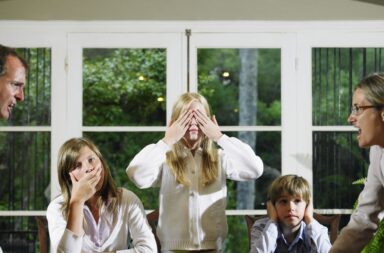Economists at the European Central Bank have warned about the general fall in house prices in the eurozone, but Spain has its own particularities.
This sounds like good news for anyone planning to buy a first or second home. However, it is important to understand why this supposed script twist in the repeated rise in house prices and to what extent it will be realised in the Spanish market.
As we mentioned in the previous article, the rise in interest rates has a clear effect on the consumer, especially in the case of individuals who want to take out a mortgage to buy a home. All this, added to the incipient general recession, inflation and the supposed cooling of the market (according to the ECB forecast, so that in the medium to long term the economy will become active again), means that the demand for second-hand housing could fall, especially and I insist, the demand from private buyers, without affecting the investor’s demand considerably. And with this possible drop in demand, the price of housing could fall.
Notwithstanding the above, despite the rise in mortgage rates, it does not seem that the mortgage effort will be so extreme if we compare it with the increase and the effort involved for some families in rental prices, so it is possible that, despite the rise in interest rates, there will still be individuals who opt for the purchase option rather than the alternative of renting.
The general idea of falling house prices is, therefore, nothing more than that, something general, which may have many nuances, including differentiating the fall in prices in «second-hand» homes from those of new construction, as it seems that this possible fall, which, according to experts, may range from 3% to 7%, will not affect new-build housing. Likewise, supply in Spain will continue to be lower than demand, so it does not seem that a sharp fall is likely to take place.
As for the existing new construction or in the construction phase, most of it is sold or reserved, so we could say that investment in them is guaranteed for the year 2023.
In addition, the forecast for the execution of new developments during 2023 has its own problems, related to the shortage of labour and the increase in construction costs (although a slight recovery is expected in the middle of next year). All this, added to the fact that for the time being new housing is not overvalued considering the existing market prices and above all, compared to the prices reached in 2007, it seems that all this leads us to conclude that the demand for this type of asset is sufficiently guaranteed and that in fact the supply is lower than expected by the consumer.
All in all, the general idea expressed by the ECB does not seem to be directly or noticeably reflected in the Spanish real estate market, which, however, will see a reduction in the number of transactions, probably due to the general economic situation we are going through.


